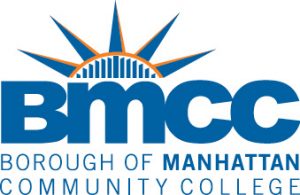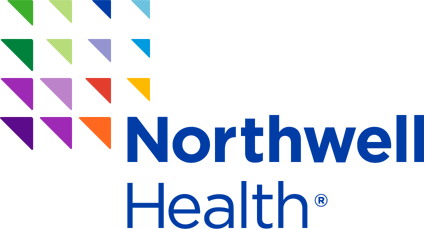Course Descriptions
Mathematics
Students examine the structure of real numbers, algebraic expressions, and functions. The topics studied include linear equations, inequalities, functions and systems, quadratic equations and functions, polynomial expressions, data analysis, probability, and the elementary properties of functions. Mathematical modeling of real-life problems and problem solving are major themes of the course. Students are prepared to excel on the New York State Regents Exam.
Fundamentals of Math Reasoning
Students who need extra preparation to succeed in Algebra 1 often also need support to develop positive beliefs about mathematics. The Extra Support Materials:
- give students opportunities to access grade-level mathematics in age-appropriate contexts. The Extra Support Materials do not delay Algebra 1 content, and invite students to reason mathematically and communicate their thinking at the same level of rigor as the Algebra 1 course.
- provide students opportunities to be and feel successful. A small number of high-leverage instructional routines focus on number sense, precision of language, and mathematical reasoning that all students can access. These routines are repeated so that students can see their “thinking like a mathematician” skills improve throughout the course.
focus on routines that build a positive classroom culture in which everyone is expected to share their thinking, all ideas are considered seriously, and there is collective responsibility for making sense of the ideas offered. This is not only good mathematical practice, it is also a way of showing students who have historically felt that they didn’t have good mathematical ideas that their thinking is valuable.
Geometry
This course includes the study of plane and solid Euclidean geometry, two and three dimensional coordinate geometry, transformations, the nature of deductive proof, and beginning triangular trigonometry. The use of technology is integrated throughout the course. Students are prepared to exceed the Mathematics Performance Standards of New York City and New York State by following an intensive geometry curriculum.
Algebra II/Trigonometry
Introduction to functions, rational expressions and their applications, rational exponents, conic sections, nonlinear systems of equations, intervals, inequalities, operations on functions, inverse functions, graphing polynomial and rational functions, binomial theorem, exponential and logarithmic functions, trigonometric functions and formulas, imaginary numbers, statistics and probability.
Pre-Calculus
This research-based exploration of functions is designed to better prepare students for college-level calculus and provide grounding for other mathematics and science courses. In this course, students study a broad spectrum of function types that are foundational for careers in mathematics, physics, biology, health science, business, social science, and data science. Intervals, inequalities, operations on functions, inverse functions, graphing polynomial functions, exponential and logarithmic functions, trigonometric functions and formulas.
Statistics
The Statistics course introduces students to the major concepts and tools for collecting, analyzing, and drawing conclusions from data. There are four themes evident in the content, skills, and assessment in the Statistics course: exploring data, sampling and experimentation, probability and simulation, and statistical inference. Students use technology, investigations, problem solving, and writing as they build conceptual understanding
Science
Introduction to Chemistry, Matter and Change, Scientific Measurement, Atomic Structure and the Periodic Table, Nuclear Chemistry, Electrons in Atoms, Chemical Periodicity, Ionic Bonding and Ionic Compounds, Ionic Bonding and Ionic Compounds, Covalent Bonding, States of Matter, The Behavior of Gases, Thermochemistry, Chemical Names and Formulas Water and Aqueous Systems, Chemical Names and Formulas, Chemical Quantities, Chemical Reactions, Stoichiometry, Solutions, Reaction Rates and Equilibrium, Acids and Bases Neutralization, Oxidation-Reduction Reactions, Electrochemistry, Hydrocarbon Compounds, Functional Groups and Organic Reactions.
Students hone their skills of observation, questioning, designing and conducting investigations and experiments, and writing concise but insightful reports. Topics coincide with those in Chemistry class.
English
AP English Literature and Composition
Advanced Placement English Literature and Composition is designed to give students a foundation in the formal study of fiction, philosophy, and poetry at the level of the first year of college.


